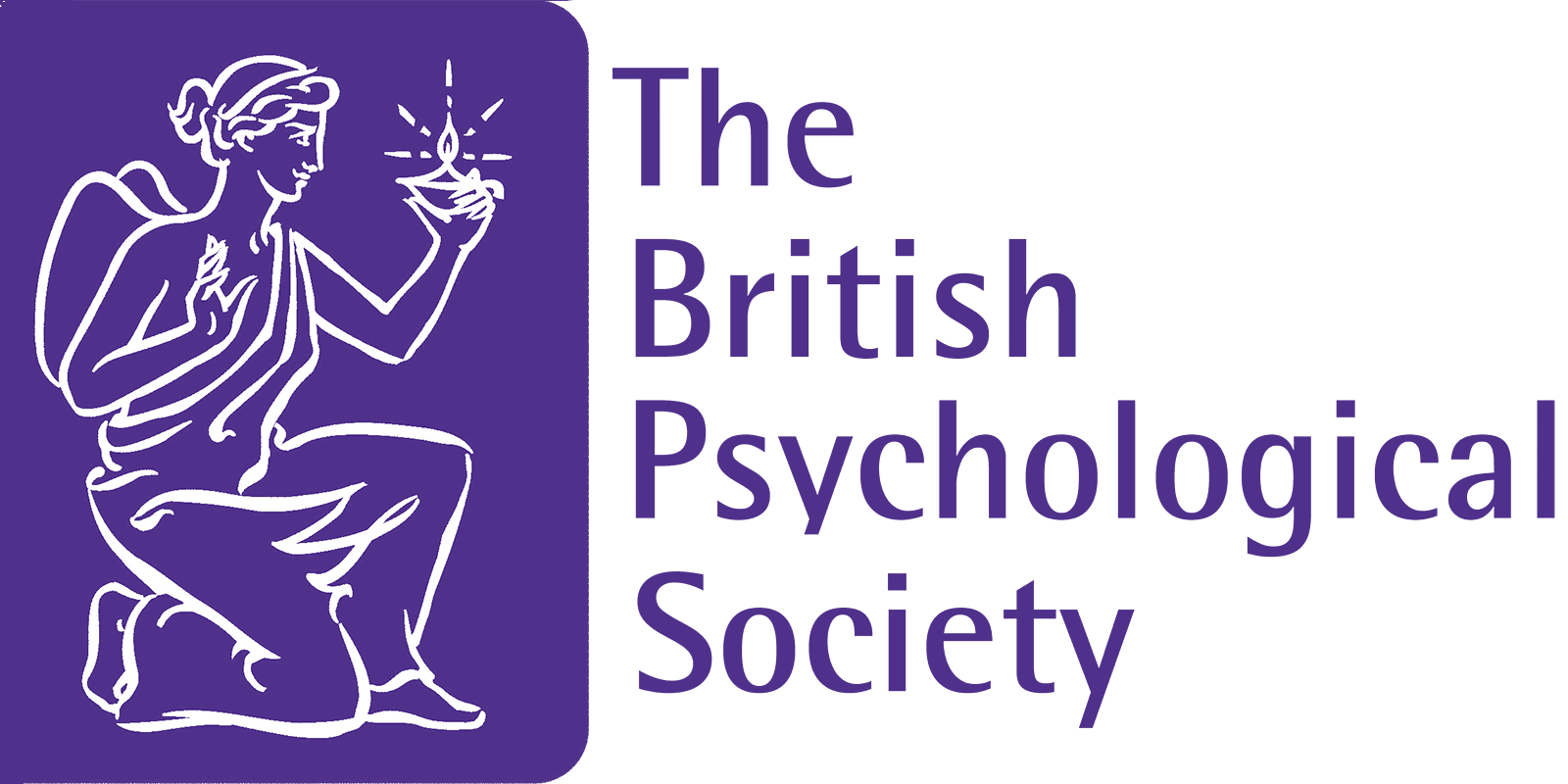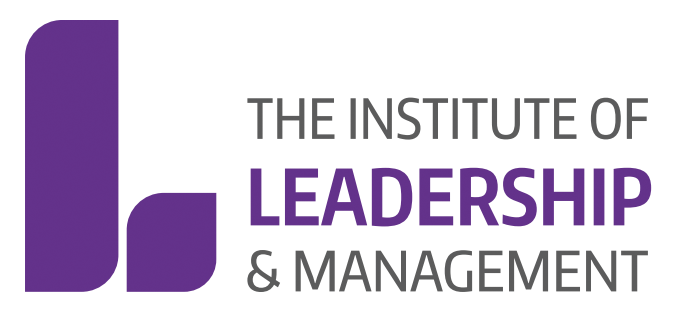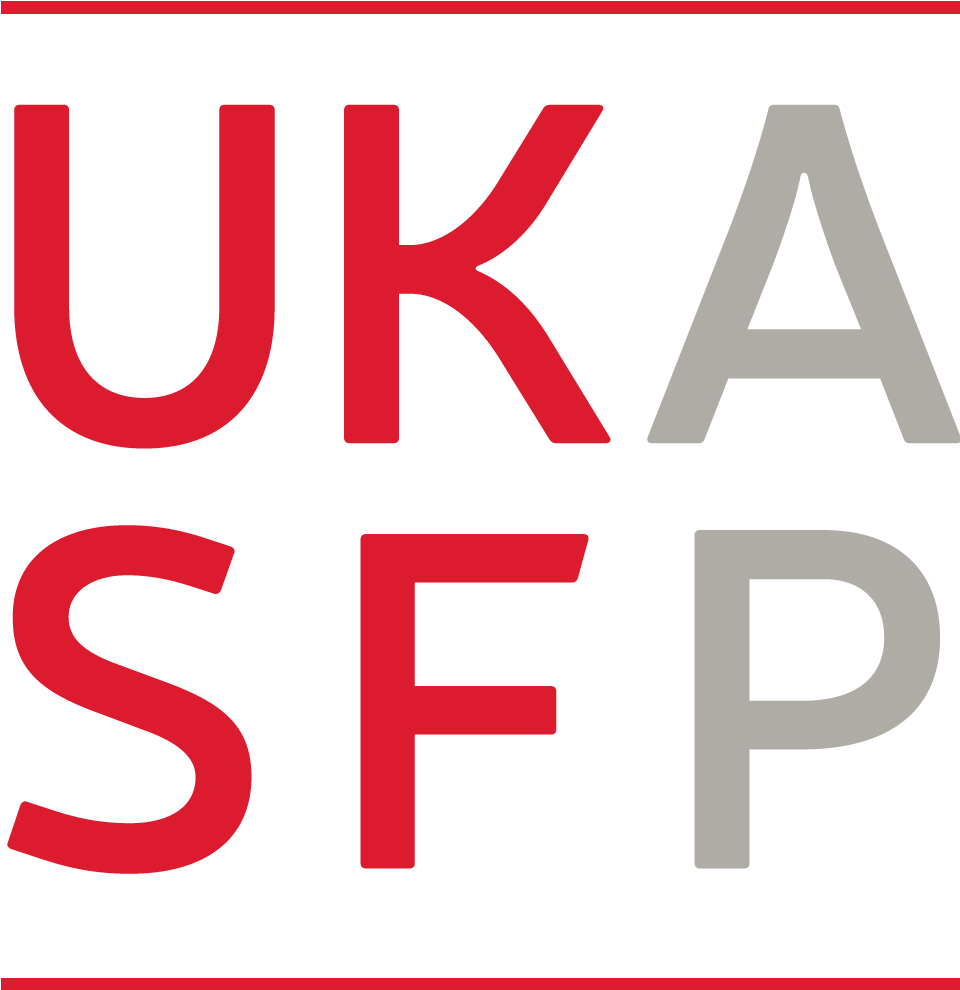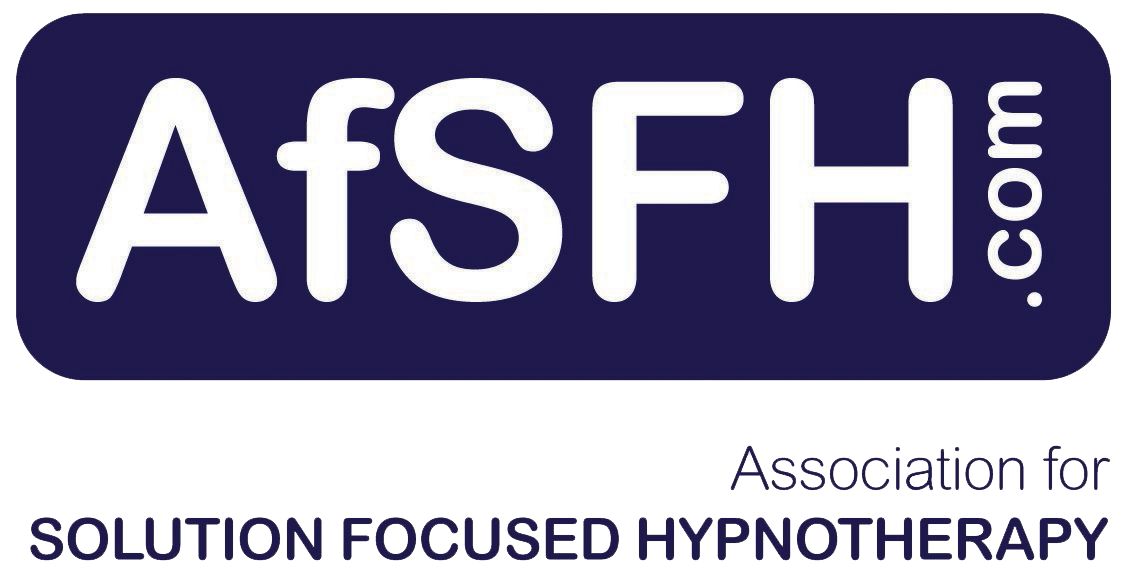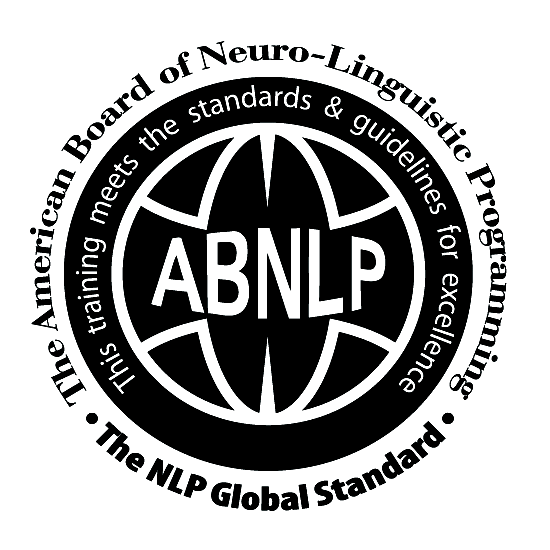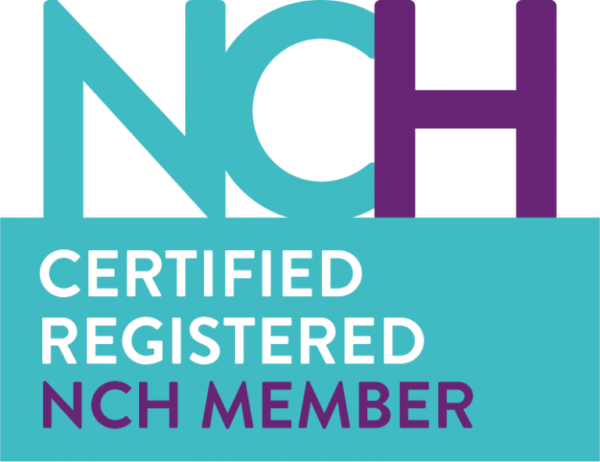Anxiety
16.03.2022
Change your life personally and professionally by managing your stress and anxiety
What is Stress? What is Anxiety?
For me stress is best defined as overwhelm in the present. We can thrive on some stress and being busy enough. Everyone has a slightly different stress threshold and when their tipping point is reached, one can feel overwhelmed. Symptoms vary but they are all dysfunctional and uncomfortable. Anxiety is somewhat different and can be best defined as worrying about the future due to negative forecasting. For example, “I won’t perform well at the interview as I always get anxious talking about myself” or “I will fail the exam as I don’t feel prepared enough” or “my boss will dismiss me soon when she finds out that I am an imposter” or “I won’t be able to cope at dad’s because there will be no alcohol”.
For me, our thoughts often become spoken words and actions and behaviours which become our habitual way of being and character traits. So, stress and anxiety can become habitual and compounded over time.
We all live with some fear and feeling stuck sometimes. This manifests in our behaviour for instance some people self-medicating to feel numb, others withdrawing from social activities or avoiding certain situations that they find particularly difficult.
There are 2 Universal (normal) principles of how human beings work:
What we are up against – unhelpful, unnecessary, unkind, limiting automatic thoughts, rules and core beliefs. Unhelpful thinking leads to unhelpful and unpleasant feelings and soon or ultimately unhelpful actions and behaviours. These negatively impact our lives and those that engage with us. This impact may be emotional, physical, mental, psychological and in worst case scenarios death.
What we have going for us – our innate resources and internal guidance. These include our instincts, imagination, our ability to question, analyse, plan; an observing self that can take a step back and be objective. A good example is drawn through people in the public eye. Mentally emotionally strong individuals cope with hostile social media, where emotionally sensitive individuals do not.
We can change our story and have a different, better future where we feel calmer and more positive. Even after loss. Our happiness and unhappiness are due to our own thoughts, the way we think about situations. CBT, NLP and other solutions focused techniques can help us to work to change what we can, accept what we cannot, and loosen our attachment to outcomes. I see CBT along with other interventions as a way of reprogramming our thinking so that we feel better and achieve better. We can strengthen ourselves emotionally, mentally and physically through how we think. Old terms such as ‘mind over matter’ and ‘it’s an inner game’ as well as the placebo effect come to my mind here.
What does CBT treat and what is it used for?
CBT has been used effectively in treatment for a wide and deep range of mental health conditions including anxiety, anger, depression, pain, insomnia and obsessive-compulsive disorder (OCD). CBT can also be used to improve self-confidence, self-esteem, self-worth and motivation to act and get on with what we want to be and do.
Who can use and provide CBT?
It is helpful to all age groups across the lifespan from children to older adults who want to change. Helpful in today’s world, its flexible in being effective as a face to face, virtual or self-help format. You can do CBT yourself as part of your self-development using books and media sources. I would suggest that this is a good place to start your journey.
If you would like help and support with CBT provision an experienced qualified CBT professional can be used either privately or sometimes through the NHS if referred by your GP. Costs vary dependent on your specific needs and circumstances including the number of sessions that you require.
How does CBT work?
CBT works on the basis that if we change our thoughts, feelings/emotions or actions we can alter the other two. When we are stressed, fearful, angry or sad, we can fall into negative thinking patterns that make us feel bad. This can lead to all sorts of problems including relationships, bad habits and work issues. CBT helps to raise awareness of negative dysfunctional thoughts.
CBT explains that it is how we react to life events not the events themselves that cause dysfunctions. It helps us to reframe our thinking by choosing thoughts that are helpful and kind. I help my clients to work through their own examples; we discuss their experience and behaviours now and talk though the new ways of being.
I set homework for my clients to practice CBT so that they can achieve their specific goals and overcome obstacles as they progress. CBT helps you to get past old unhelpful rules and beliefs and develop and practice new ones that are helpful and become habitual.
- What are examples of questions asked in your CBT session?
- What thoughts are you experiencing just now that you perceive as negative, unhelpful or unkind?
- What could you think of instead that would be realistic and positive, helpful and kinder?
For example:
- Event
- Thought/Interpretation
- Feelings/Emotions & physiology
Colleague is grumpy when you say good morning
- I have done something that wrong
- Anxiety, stomach tightness
Or
- Maybe they had a bad night
- Calm/Concern
It helps to understand a bit more about why we develop dysfunctional thinking so that we may catch ourselves doing it. We can then challenge the thought by asking if it is helpful; the answer is always no. We can then change our thinking to more helpful thoughts. There are four main cognitive distortions:
- Arbitrary Interpretation - without factual evidence telling ourselves something such as “I’m useless” having just failed to do one or several things. Here we are not paying attention to all the things we have been useful at.
- Selective abstraction - choosing to focus more on what is not right than right such as “75% is not good enough”.
- Over generalisations - I made a mistake, so I am a weak person, failing to identify other external causes and factors.
- Magnification and minimalization - for example something goes wrong at the end of my presentation and I say that “this ruined the whole thing”.
Sometimes termed catastrophic thinking, “nothing ever goes right for me” or “I am never good enough”
How does CBT work from here?
We identify the resources that you most need to help to resolve the issues and practice using your new thoughts and beliefs as well as monitor the impact of this new way of being on your behaviour, actions and outcomes.
Before @1970 we thought that the brain was static and that what you developed through nature and nurture in your early years was what you were stuck with. Later, neuroscience research showed that we can address negative automatic thoughts, rules and core beliefs. That through positive thinking and practising new beliefs with new behaviours alone and with others we can expand the left prefrontal cortex, the part of the brain responsible for positive thinking. Think of this as effectively rewiring your brain. This is life transforming and something that I would encourage everyone to experience.
How do I find out if CBT and professional private support is for me?
You may book a complimentary initial consultation, ask any questions that you may have and check for rapport by filling in the get in touch form on my website.

